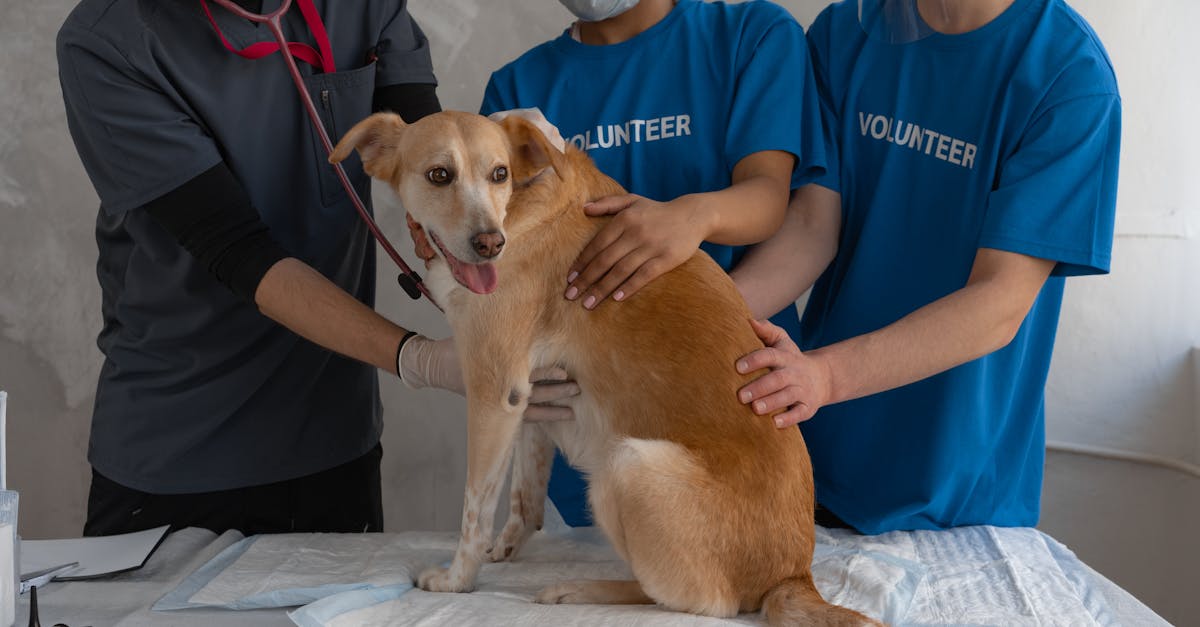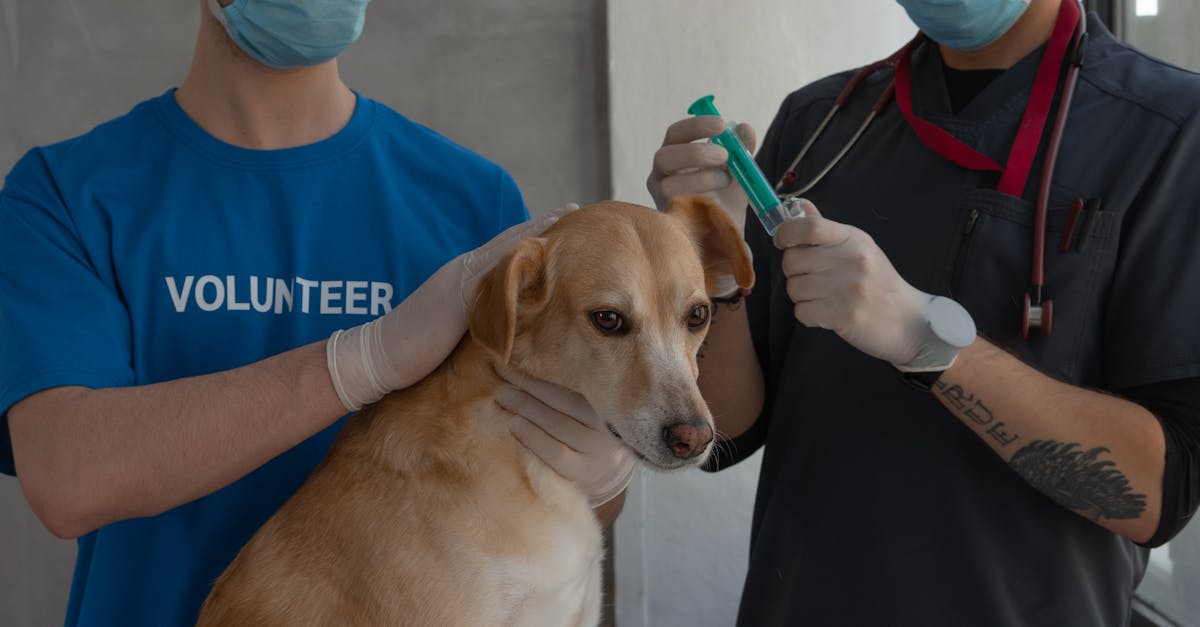When it comes to taking care of our furry companions, we often trust that the medications prescribed by veterinarians are safe and effective. This trust is especially strong when it comes to antibiotics, a common treatment for various infections. But what if I told you that there are hidden dangers lurking in these seemingly harmless pills?
The Unseen Risks of Antibiotics for Pets
The Problem at Hand: Overprescription and Misuse
It’s common knowledge that antibiotics are a powerful tool in combating bacterial infections. However, their overuse and misuse can lead to significant problems. Interestingly enough, this issue isn’t confined to human medicine; it extends to veterinary medicine as well. Studies show that antibiotics are frequently overprescribed for pets, often without thorough diagnostic testing.
Key Risks Include:
- Antibiotic Resistance: Over time, bacteria can become resistant to antibiotics, making it harder to treat infections.
- Side Effects: Just like humans, pets can experience adverse reactions to antibiotics, including gastrointestinal issues, allergies, and even more severe health problems.
- Impact on Gut Flora: Antibiotics can disrupt the natural balance of bacteria in a pet’s gut, leading to long-term health issues.
A Little-Known Fact: Antibiotic Resistance in Pets
You might find this helpful to know: antibiotic resistance isn’t just a human problem. Pets can also develop resistant bacterial strains, which can then be transmitted to humans. This phenomenon, known as zoonotic transmission, poses a significant public health risk.
The Reality Is:
- Zoonotic Diseases: Antibiotic-resistant bacteria can spread from pets to humans, leading to infections that are difficult to treat.
- Environmental Impact: Improper disposal of antibiotics can contaminate water sources, affecting wildlife and ecosystems.
Come to Think of It: The Role of Veterinarians
Veterinarians play a crucial role in mitigating these risks. However, the pressure to quickly resolve a pet’s illness can sometimes lead to the overprescription of antibiotics. I’ve often wondered if there are better ways to approach this issue.
Speaking from Experience:
- Diagnostic Testing: Before prescribing antibiotics, thorough diagnostic tests should be conducted to confirm a bacterial infection.
- Alternative Treatments: Exploring alternative treatments, such as probiotics or natural remedies, can sometimes be more effective and less harmful.
Here’s a Story: A Pet Owner’s Dilemma
To put it simply, here’s a story that might resonate with many pet owners. Jane, a loving dog owner, noticed her dog, Max, scratching incessantly. Concerned, she took Max to the vet, who quickly prescribed antibiotics for a suspected bacterial skin infection. While the scratching subsided, Max soon developed severe diarrhea, a common side effect of antibiotics.
You Might Relate to This:
- Short-Term Relief, Long-Term Issues: While antibiotics provided immediate relief, they caused new health problems, leading to more vet visits and treatments.
- Emotional and Financial Strain: The ordeal took an emotional toll on Jane and a financial one as well, highlighting the importance of cautious antibiotic use.
I’ve Been Meaning to: Advocate for Responsible Antibiotic Use
If you’ve ever faced a similar situation, you know how challenging it can be. The thing is, responsible antibiotic use is crucial for both pet health and public safety.
Action Steps for Pet Owners:
- Ask Questions: Don’t hesitate to ask your vet about the necessity of antibiotics and potential alternatives.
- Follow Dosage Instructions: Ensure you administer the antibiotics exactly as prescribed to avoid contributing to resistance.
- Monitor Side Effects: Keep an eye on your pet for any adverse reactions and report them to your vet immediately.
What’s Surprising Is: The Benefits of Alternative Treatments
Interestingly enough, there are several alternative treatments that can be just as effective as antibiotics for certain conditions.
Examples Include:
- Probiotics: These can help maintain a healthy gut flora, especially after antibiotic treatment.
- Herbal Remedies: Some herbs have natural antibacterial properties and can be a safer option for minor infections.
- Proper Nutrition: A balanced diet can boost your pet’s immune system, reducing the need for antibiotics.
It’s Worth Mentioning: The Importance of Education
From my point of view, education is key to addressing the hidden dangers of pet antibiotics. Both pet owners and veterinarians need to be aware of the risks and responsible practices.
Educational Resources:
- Workshops and Seminars: Many veterinary clinics offer educational sessions on responsible medication use.
- Online Courses: Websites like Coursera and Udemy offer courses on pet health and medication management.
- Books and Articles: There are numerous publications available that delve into the topic of antibiotic resistance and alternative treatments.
What’s Fascinating Is: The Future of Pet Healthcare
I’ve always thought that the future of pet healthcare lies in a more holistic approach. By integrating traditional veterinary medicine with alternative treatments, we can provide more comprehensive care for our pets.
Future Trends:
- Personalized Medicine: Tailoring treatments to an individual pet’s needs can reduce the reliance on antibiotics.
- Telemedicine: Virtual consultations can help monitor a pet’s health more closely, reducing unnecessary antibiotic prescriptions.
- Preventative Care: Emphasizing regular check-ups and vaccinations can prevent infections from occurring in the first place.
You Might Find This Helpful: Practical Tips for Pet Owners
To ensure the well-being of your furry friends, here are some practical tips that you might find helpful:
- Regular Vet Visits: Regular check-ups can catch potential health issues early, reducing the need for antibiotics.
- Proper Hygiene: Maintain good hygiene for your pets to prevent infections.
- Healthy Diet: A balanced diet can strengthen your pet’s immune system.
- Exercise: Regular exercise keeps your pet healthy and less prone to infections.
- Educate Yourself: Stay informed about the latest in pet healthcare to make better decisions for your pet.
Now You Know: The Hidden Dangers and How to Avoid Them
I guess you could say that understanding the hidden dangers of pet antibiotics is crucial for every pet owner. By being vigilant and informed, we can ensure that our pets live healthier, happier lives.
Final Thoughts:
- Be Proactive: Take an active role in your pet’s healthcare.
- Ask Questions: Never hesitate to seek clarity from your vet.
- Consider Alternatives: Explore all treatment options before opting for antibiotics.
The reality is, our pets rely on us to make the best decisions for their health. By understanding the hidden dangers of antibiotics and taking steps to mitigate them, we can provide the care our furry friends deserve.












